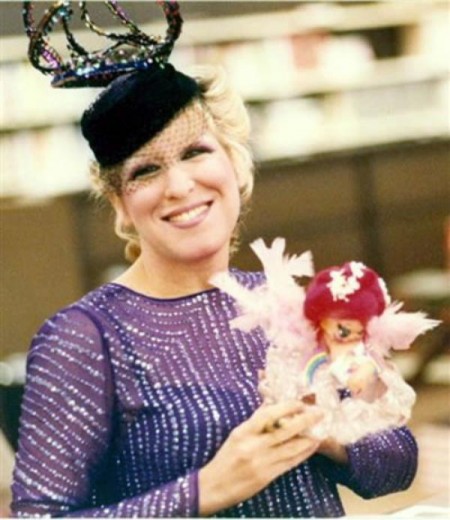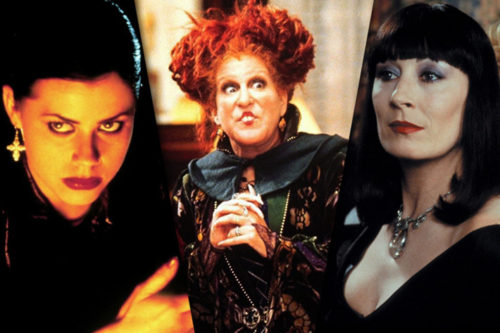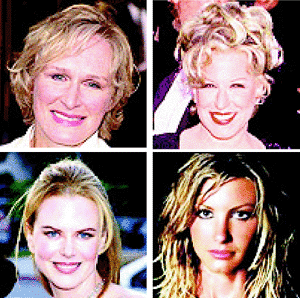New York Times
A Broadway Year of Chuckles if Not Guffaws
By JASON ZINOMAN
Published: May 29, 2013
It was not a great season for comedy on Broadway. But it was a good one – which from a certain nostalgic perspective may be even better.
That’s because since Broadway’s golden age, in the middle of the last century, the most dramatic loss has not been great musicals or plays. Artistic highs remain as resilient as the lows. What has really shrunk is what’s in between: the well-made trifle, the middlebrow entertainment and, strikingly, the light comedy.
The stakes-raising escalation of budgets and ticket prices have diminished the chances of such small, potent pleasures. A Neil Simon play was once a sure hit, but his last Broadway show, a revival of “Brighton Beach Memoirs,” closed in a week. This season, which will be celebrated at the Tony Awards on June 9, appears to be something of a minor throwback.
There was a bawdy romantic comedy, “The Performers” (which was lackluster, but harmless); two very funny star turns in rickety vehicles, Nathan Lane in “The Nance” and Bette Midler in “I’ll Eat you Last: A Chat With Sue Mengers”; and the return of Christopher Durang, who, despite never winning a Tony, has the most impressive comic career in the theater of any writer alive except for Mr. Simon.
“Vanya and Sonia and Masha and Spike” is not Mr. Durang’s best work, and when he sends up heavy-handed symbolism, it’s hard not to be reminded of a better joke on a similar subject from his one-acts “Durang/Durang,” when a character crashes cymbals onstage. Mr. Durang’s gentle parody of the work of Anton Chekhov doesn’t skewer, but pokes fun with the craftsmanship of someone who knows how to please a crowd.
If “Vanya and Sonia” becomes one of the rare comedies to win the Tony Award for best play, much credit must go to one moment-capturing rant that taps into a feeling that unifies theatergoers: the loathing of shining, beeping smartphones. When a critic from National Review recently wrote about grabbing a woman’s phone midtext and tossing it, he was widely hailed in the media as a vigilante hero.
So when a playwright, Vanya, played by David Hyde Pierce, becomes enraged after someone texts during his play, it’s the perfect incitement. Mr. Pierce, a tightly wound yo-yo of a performer, unspools in this operatic lament about cultural decline. With an unapologetic crankiness, he attacks the digital age’s deficit of manners and attention spans. Such gripes lead to romantic reminiscences about the days when we needed stamps to send mail.
This crotchety primal yell panders to the older theatergoing crowd (a woman sitting behind me said loudly, “It’s true!”), but also pokes fun at them. After all, in a reference the target audience should get, the speech riffs on the scene in “The Seagull” in which the self-serious young playwright, Konstantin, becomes furious at his mother for talking during his play. While Konstantin is an avant-garde idealist, this new Vanya is an old-fashioned crank yearning for the days of three television networks. While Chekhov’s artist rails against old artistic forms, Mr. Durang’s update celebrates them. That’s perfectly in tune with today’s Broadway.
Last year’s comedy hit “One Man, Two Guvnors,” which notably added a band to its farce, giving it more the feel of a musical than a play, was an ode to British music hall. “I’ll Eat You Last,” currently drawing packed houses, is a love letter to a relentlessly mythologized era of Hollywood, the 1970s. Ms. Midler plays a real-life superagent, sitting on her couch and delivering a long monologue that walks through her career. The show has the gossip and heft of a Vanity Fair profile.
Its calling card, which should be more than sufficient for most ticket-buyers, is the opportunity to see Ms. Midler firing on all cylinders in a grandly comic diva turn. That she was not nominated for a Tony was the strangest omission of the year. She creates a delightfully mannered, almost musical performance, drawing out vowels and spitting out consonants, particularly if they are curses. When delivering an ingratiating line, she applies a girlish voice with the shake of a bobblehead doll.
Even the rare moments when she’s listening, making her froggy grunts into the phone, she telegraphs the show’s central comic point: That to succeed in show business offstage, you need to be always on.
Mr. Lane, our greatest comic stage star, provides a counterpoint in “The Nance,” a play about a burlesque star from the 1930s whose dreary personal life is juxtaposed with his energetic, comic turn as a stock character rooted in gay stereotypes. Just as the musical “The Scottsboro Boys” a few years ago revealed the skill and dignity of minstrel performers, this show aims to reveal the human face of an actor trapped into playing the mincing, limp-wristed Nance.
Making Borscht Belt jokes and the winking sexual innuendo of many generations ago relevant today is a challenge. And it’s a credit to the singular gifts of Mr. Lane, who is nominated for a best actor Tony, that he almost pulls it off. He’s handicapped by the bland, predictable melodrama of the offstage story, written by Douglas Carter Beane. Mr. Lane’s triumph is that through the specificity of his comic moves and the force of his charisma, he suggests how a certain retrograde kind of caricature that now looks so ugly could once have contained moments of beauty.
At its best, comedy in the theater mixes that kind of refined complexity with the energy of a stand-up club. Perhaps that’s also why anger about texting resonates. For while plays may not get as much discussion these days on social media as television shows or viral videos, the intimacy and focus of live theater seems more refreshing than ever. Even in flawed shows, elite artists like Mr. Durang, Ms. Midler and Mr. Lane prove that good theater doesn’t just start conversation. It stops it.








